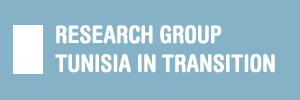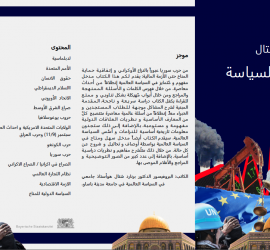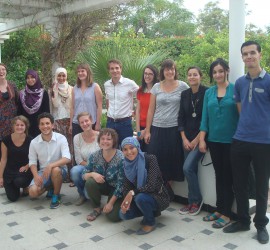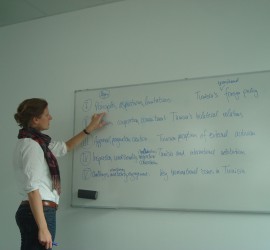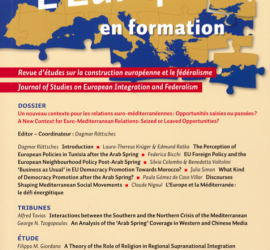Presentation of our book at the DAFG in Berlin
On 2 November, our Research Group members Katharina McLarren, Dr. Edmund Ratka and Prof. Dr. Bernhard Stahl have presented our book “Tunisia’s International Relations since the ‘Arab Spring’. Transition Inside and Out” at the Deutsch-Arabische Freundschaftsgesellschaft e.V. (DAFG) in Berlin. A short report will follow – check out facebook for pictures.
